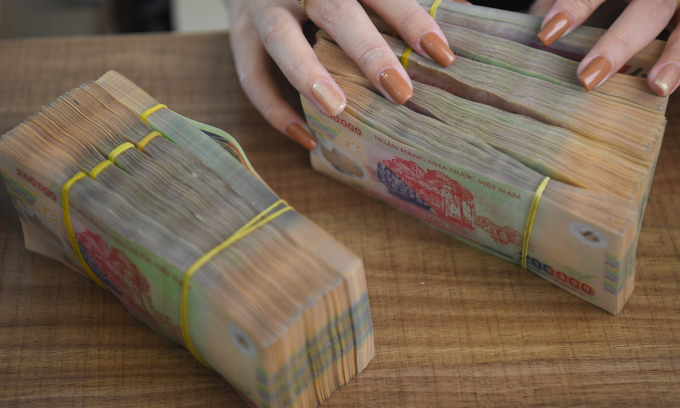Edition: International | Vietnamese
© Copyright 1997 VnExpress.net. All rights reserved.

The current rates of 3.5-6.2 percent are high compared to other countries, and lead to higher loan interests, it said.
Short-term deposit rates in ASEAN member-countries are zero while in some European countries the rate is even negative, which means people have to pay to deposit their cash, it said.
The government should direct people’s idle cash into bonds with low coupon rates of under 2 percent which will help banks raise a large amount of money to provide loans with interests of 5 percent, it added.
But some economists have dismissed the proposal as inappropriate.
Can Van Luc said VAFI should not compare the interest rates in Vietnam with that of other regional countries since it has higher risks than most of them. According to credit rating company S&P, Vietnam has a rating of BB, which puts it in the "speculative" grade, while it is BBB for the Philippines, BBB+ for Thailand and A- for Malaysia, all in the "investment" grade.
"A general financial rule is the higher the risk, higher the interest rate," Luc said.
Another concern is that Vietnam’s inflation rate is generally higher than in other countries, he said.
Vietnam’s inflation is forecast to rise to 3.5 percent this year, and this means zero percent interest would force people to switch to other asset classes like stocks and real estate, and this would cause a shortage of resources to fund manufacturing and create jobs, he added.